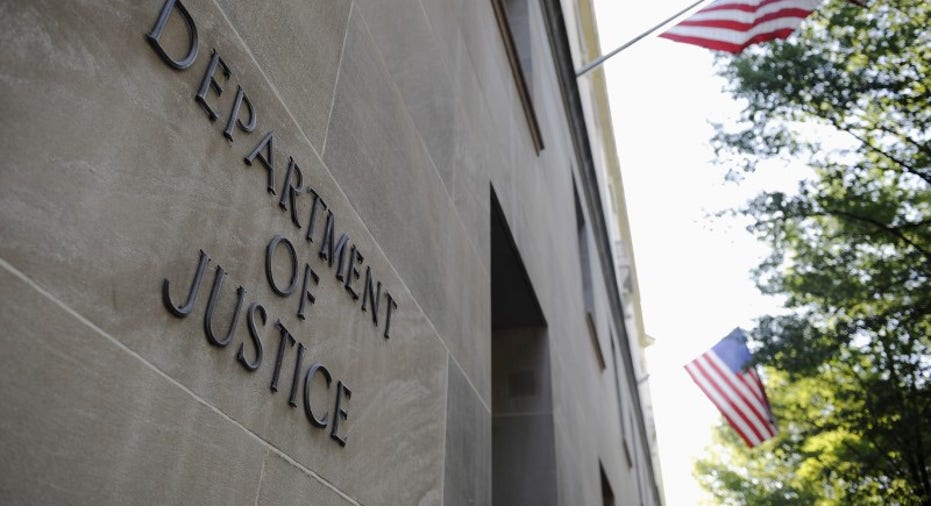U.S. extends leniency program for companies that disclose bribery

MIAMI – The U.S. Justice Department will extend a program that offers companies leniency if they voluntarily tell authorities when employees may have paid bribes, a senior official said on Friday.
The program was set to expire on April 5, after a one-year pilot period but will now be continued indefinitely while officials evaluate its effectiveness, Acting Assistant Attorney General Kenneth Blanco said at the American Bar Association's conference on white collar crime in Miami.
Under the program, the Justice Department publicly declined to prosecute five companies that had come forward and fully cooperated when they learned that employees or contractors had made improper payments to foreign officials.
Those companies included Akamai Technologies Inc ; Johnson Controls Inc, now Johnson Controls International Plc ; and Nortek Inc.
The companies have said they worked to remedy the problems once they learned of the misconduct.
Authorities said the program was designed to provide high-profile examples of companies that received leniency because of their cooperation, encouraging more to disclose bribery.
The program began last year after many lawyers voiced concerns that companies were becoming more reluctant to report bribery because of the stiff penalties they faced when they came forward.
The Foreign Corrupt Practices Act makes it a crime to bribe overseas officials to win business.
The unclear future for the program underscores uncertainty about how the Justice Department will handle the Foreign Corrupt Practices Act under President Donald Trump, a Republican.
"It remains to be seen whether the Trump administration will be as aggressive," said Marc Bohn, an FCPA specialist at the law firm Miller & Chevalier.
Under Democratic former president Barack Obama, the department ratcheted up enforcement, bringing in record penalties from companies. But the prosecutions also generated concern in the legal community that the scrutiny was placing companies with U.S. ties at a disadvantage in seeking business opportunities abroad.
Bohn said he doubted the new administration would radically alter the approach in immediate future. "It's a big ship to turn," he said.
(Reporting by Joel Schectman)



















